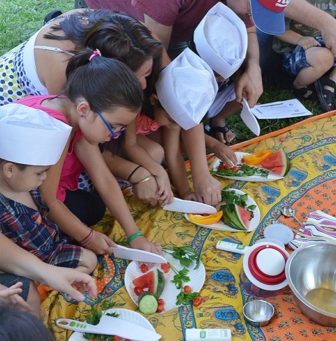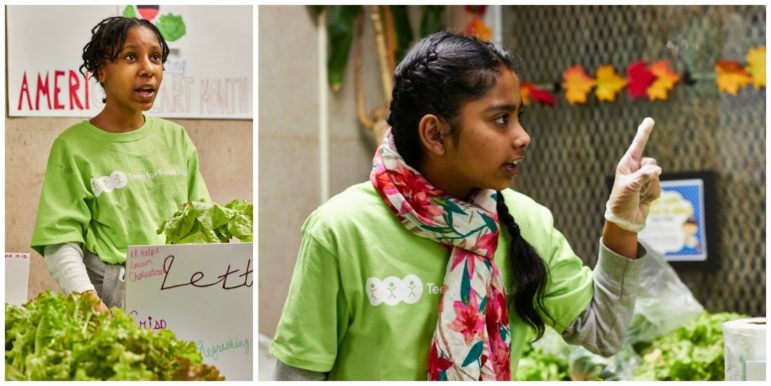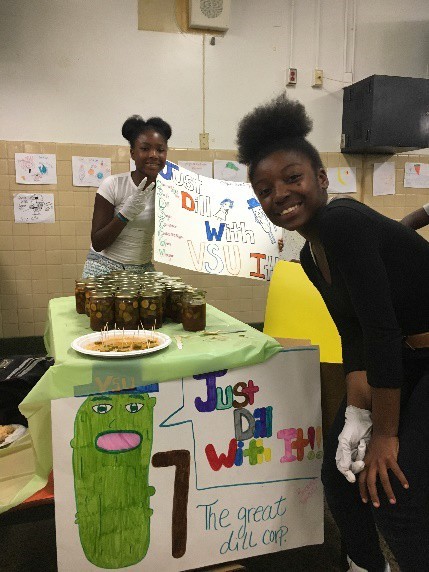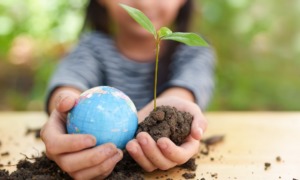
This section includes voices from the OST field that describes practices with children and youth. It includes guest blogs, vlogs (video blogs), photo essays, and narratives by practitioners reflecting on lessons and learning in the areas of physical health, mental health and good nutrition that supports health in out-of-school time programs.
We accept submissions from practitioners in the OST field. For more information about submitting your work, contact our executive editor Molly Bloom.
Explore & Download These Resources
Stoked
Stoked is a mentoring program for low-income youth in several cities around the U.S. Some of the activities include teaching kids in New York to surf off the coast of Coney Island and kids’ opportunities to develop their own skateboard brands, which are then reviewed by industry executives. This first in a podcast series is founder Steve Larosiliere as he shares the inspiring story of how he started Stoked Mentoring.
Allergic to Salad: Learning to Cook Healthy Food
Listen to a National Public Radio (NPR) interview with Stacey Ornstein, the founder of Allergic to Salad, as she describes her program, a youth-based culinary program that partners with local restaurants and local non-profits.
Teens for Food Justice
Teens for Food Justice is a program that engages youth during the out-of-school time in hydroponic farming. This photo-essay describes how a girls’ social entrepreneurism project engaged youth in developing a farmer’s market to sell produce and to educate the community about healthy eating.
Veggie Time Program
Kid Power is a youth development non-profit in Washington, DC that inspires youth leadership by promoting academic advancement, physical and emotional wellness, and positive civic engagement. In Kid Power’s VeggieTime Project students study an original environmental and nutritional science curriculum and then apply these lessons to their school gardens, healthy cooking classes, farmer’s market operations, and environmental service-learning projects to improve the health of their schools and communities






















